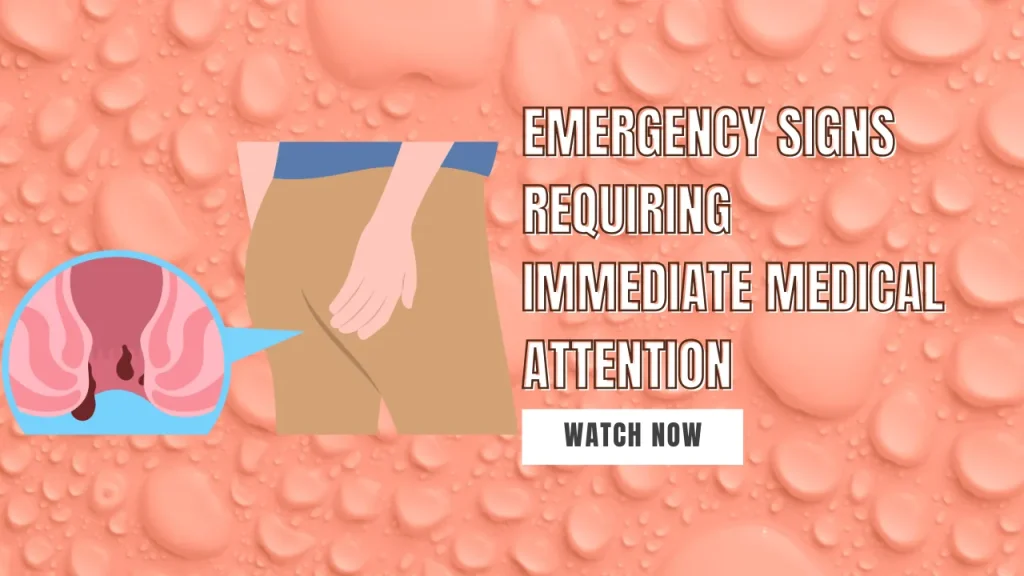Piles, also known as haemorrhoids, are swollen veins in the lower rectum and anus. Bleeding from piles is a common symptom, but it must be taken seriously to rule out any severe health issues. In India, piles affect a large number of people due to lifestyle and dietary factors. Understanding when bleeding piles require urgent medical attention is crucial.
Why Do Piles Bleed?

Bleeding usually occurs when swollen veins get irritated or damaged during bowel movements. The blood is often bright red and may appear in small amounts on toilet paper or in the stool. Mild bleeding is common and not usually dangerous. However, persistent or heavy bleeding signals the need for prompt medical care.
When Is Bleeding from Piles Dangerous?
Bleeding piles become dangerous under these conditions:
- Heavy Bleeding: Passing large amounts of blood during or after bowel movements indicates severe vein damage or other complications. This may lead to anaemia due to blood loss.
- Persistent Bleeding: Bleeding lasting more than a week without improvement suggests the problem is not resolving on its own and needs medical evaluation.
- Associated Pain and Swelling: Severe pain along with bleeding may indicate thrombosed piles, which require urgent treatment.
- Blood Mixed with Stool: If blood mixes with stool or appears dark, it may signal bleeding from higher in the bowel, not just piles. This requires further tests.
- Other Symptoms: Weight loss, changes in bowel habits, or abdominal pain along with bleeding may point to other serious conditions such as colorectal cancer or infections.
Emergency Signs Requiring Immediate Attention
You must seek emergency care if bleeding piles are accompanied by:
- Sudden heavy bleeding causing dizziness or weakness
- Fainting or feeling faint after bleeding
- Severe anal pain
- High fever with bleeding
- Inability to pass stools or severe constipation with bleeding
Delaying treatment in these situations will increase the risk of complications.
What Should We Do?
If bleeding piles are mild, you should increase fibre in your diet, drink plenty of water, and avoid straining during bowel movements. Warm sitz baths may relieve discomfort. However, if bleeding is heavy, persistent, or accompanied by emergency signs, visit a doctor without delay.
Early diagnosis and treatment help prevent complications. We use simple tests like physical examination and anoscopy to assess the piles. In some cases, further investigation like colonoscopy may be needed to rule out other causes of bleeding.
Conclusion
Bleeding from piles is common but must not be ignored when it is severe or persistent. Always monitor the amount and nature of bleeding. Seek urgent medical help if you observe emergency symptoms. Timely care will ensure the problem is controlled and more serious conditions are ruled out.
We urge all readers to take bleeding piles seriously and consult healthcare providers promptly to protect your health.
